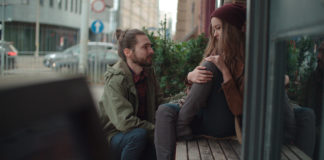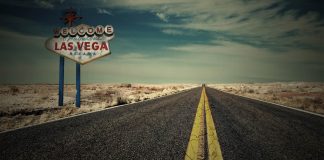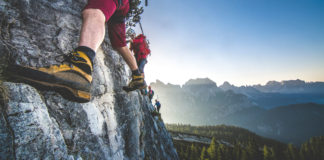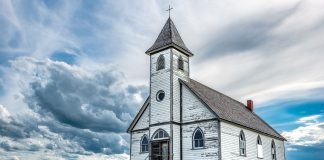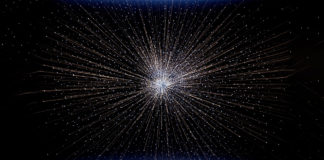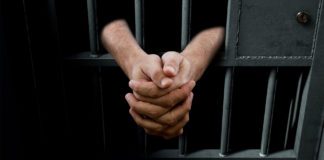Affluenza: What does your money say about you?
If life were merely about money, it would be like a game of Monopoly. At the end of the game, you’d count your cash, add up the value of your assets and find out whether you’d won or lost. Then you’d breathe your last.
What to tell your children about Santa Claus
I’m not sure if there was ever a time when I thought Santa Claus really existed. I never came across him directly during my childhood. However, I remember wondering, while looking at the pictures from my brothers’ Christmas parties, whether any of the children, smiling at the photographer from Santa’s lap, ever wondered how real his story was, with so many incongruous and...
When one cries, the other tastes salt
Right at the start of the political thriller, The Post, a scene portrays military analyst Daniel Ellsberg with an empty gaze and a soul burdened by the horrors of the Vietnam war he was forced to document for the United States Department of Defense.
The path of renewal: from words that “ignite the wheel of life” to those that guard the soul
“The words of the mouth are deep waters, but the fountain of wisdom is a rushing stream” (Proverbs 18:4).
COVID-19: How does anxiety affect us?
A global crisis situation, such as that generated by the current pandemic, is a complex picture with many variables bringing high levels of emotional distress. During a pandemic, many people will face a wide range of reactions and emotions, and the psychological impact will often be greater than the medical one.
How our image of God affects our mental health
Created in the image of God, it has become increasingly easy for human beings to forget His image and to reconstruct Him according to their imagination. Our image of God and the way we relate to Him influences every aspect of our lives and affects our psychological well-being.
The rescue at the end of the railway track
The days that we don’t see the suffering of others are few. We have learned to let our feelings of helplessness wipe our conscience and we move on, forgetting that we are not required to heal the suffering of all mankind, but to do the best we can, every day, with what we have available to us. In the case of Norma Romero...
Mountains climbed with baby steps
Whether we see ourselves or not as living collections of our habits, we know from experience that, once formed, our habits are not as malleable as we would like them to be.
Telling the story for the 30th time
There are so many versions of the “real meaning” of Christmas—kindness, generosity, neighbourliness; family, food and gifts; and, in our part of the world, end-of-year parties, carols by candlelight, summer holidays and trips to the beach or other outdoor adventures.
How to manage a toxic relationship | Friendship and boundaries
Walking with a friend in darkness is better than walking alone in the light, writes Hellen Keller. But what if darkness permeates the entire relationship?
The allure of expensive food
When it comes to purchasing food, price often guides our decision-making. We tend to believe that anything more expensive is also of higher quality. This perception can be true, but only to a certain extent.
How to revive a dying church
Trying to describe a dying church like the one he was called to serve, Pastor Chris Lewis uses the image of a car "turned over, in a ditch, covered by weeds and beer cans, with a rusted out engine, and a couple of bodies in the trunk."
A parallel world
It is interesting to see Louis Baragona's portrait of a modern witch. Although he was sceptical at first, Louis tells how Emily Grote, an elegant "psychic" from Brooklyn, New York, changed his life.
Are science and religion compatible?
In recent weeks, the results of a Fermilab scientific experiment have caused quite a stir in the scientific community. The experiment, which dealt with some of the fundamental particles of the universe, has the potential to change humanity’s understanding of modern science. As a result, it is also raising questions about what science is, and if it can be wrong.
The one way road cancelled
I was there, I saw him. He was coming towards me mechanically, impassively, coldly. He suddenly stopped in front of me and waited for me to speak. For a moment, I froze. He was tall, thin, his face oval and his eyes blue, slightly sunken under his eyelids. I had met such people before, but there was something special about him.














